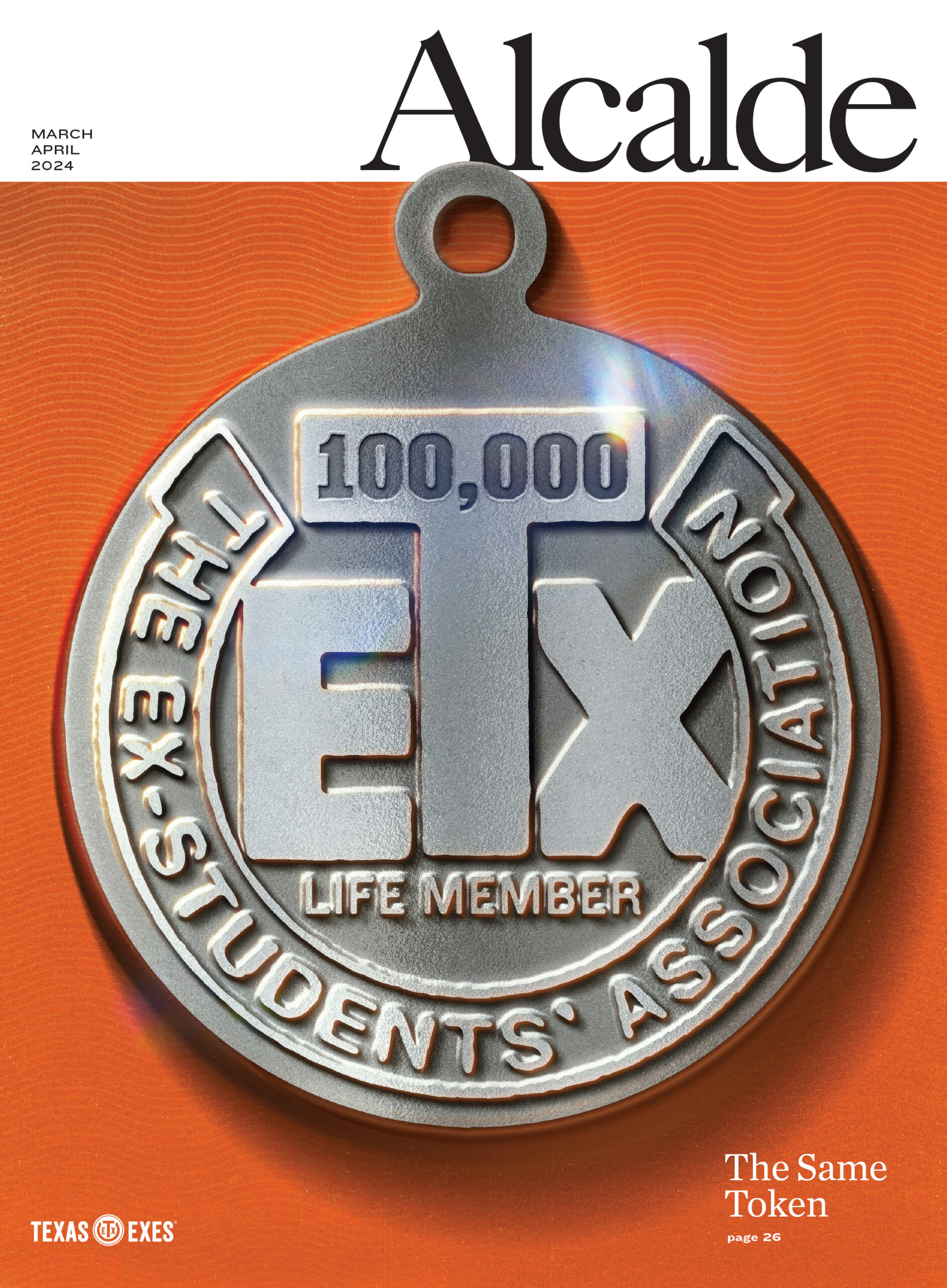Powers Opens Dialogue About Online Teaching
In the 19th century, colleges and universities established correspondence courses for students around the world to access higher education. In the 1920s, colleges launched radio stations, and during World War II, newsreels and motion pictures taught millions how to do the new jobs ushered in by the war economy. Today, higher education watchers are debating the merits of online education, and an announcement hitting inboxes across the UT-Austin community today puts the University on the leading edge of new education technologies.
A white paper released Thursday outlined five main principles for online education developed by UT president Bill Powers. The new principles encourage buy-in from faculty and students, and focus on financial sustainability and innovation.
The guiding principles are:
• Faculty and academic units will control the online curriculum to ensure that it mirrors the quality of the traditional curriculum and features UT-Austin’s world-class faculty.
• The University will support and provide incentives to faculty members to innovate, develop and adapt online courses, certificates and degree programs.
• The model must be financially sustainable for the university, realizing the potential to generate revenue, improve productivity and increase the number of students who learn from UT-Austin faculty members.
• The University will develop online content that can be deployed across multiple educational settings and on various platforms.
• The University will never stop innovating and will work closely with students to define new educational and business models for the 21st century.
Powers asked members of the UT community to be active participants in the discussion of online education.
The principles were welcomed by Hunter Rawlings, president of the American Association of Universities, a group of prestigious North American universities. Powers currently serves as vice-chair of the group.
“The focus on collaboration, innovation, and streamlined processes will surely be a hallmark of 21st century, world-class universities,” Rawlings said.
The University has championed “blended” learning, which includes online aspects and in-class interaction, as well as “flipped classrooms” where students absorb traditional lecture information prior to class, allowing instructors to work directly with students. Last October, the UT System became a partner in the online learning consortium called edX, along with institutions like Harvard, MIT, and the University of California, Berkeley. Thousands have signed up for UT’s first online courses through edX.
Critics of online learning worry that online courses, called “MOOCs” (massive open online courses), could distance students from the traditional campus experience and potentially devalue university degrees. UT hopes the new principles will encourage an open dialogue on how best to use the technologies.
Below, Cockrell School of Engineering dean Gregory Fenves, who will become UT’s provost in October, discusses online education.
Photo by Marsha Miller, courtesy UT-Austin.


















No comments
Be the first one to leave a comment.